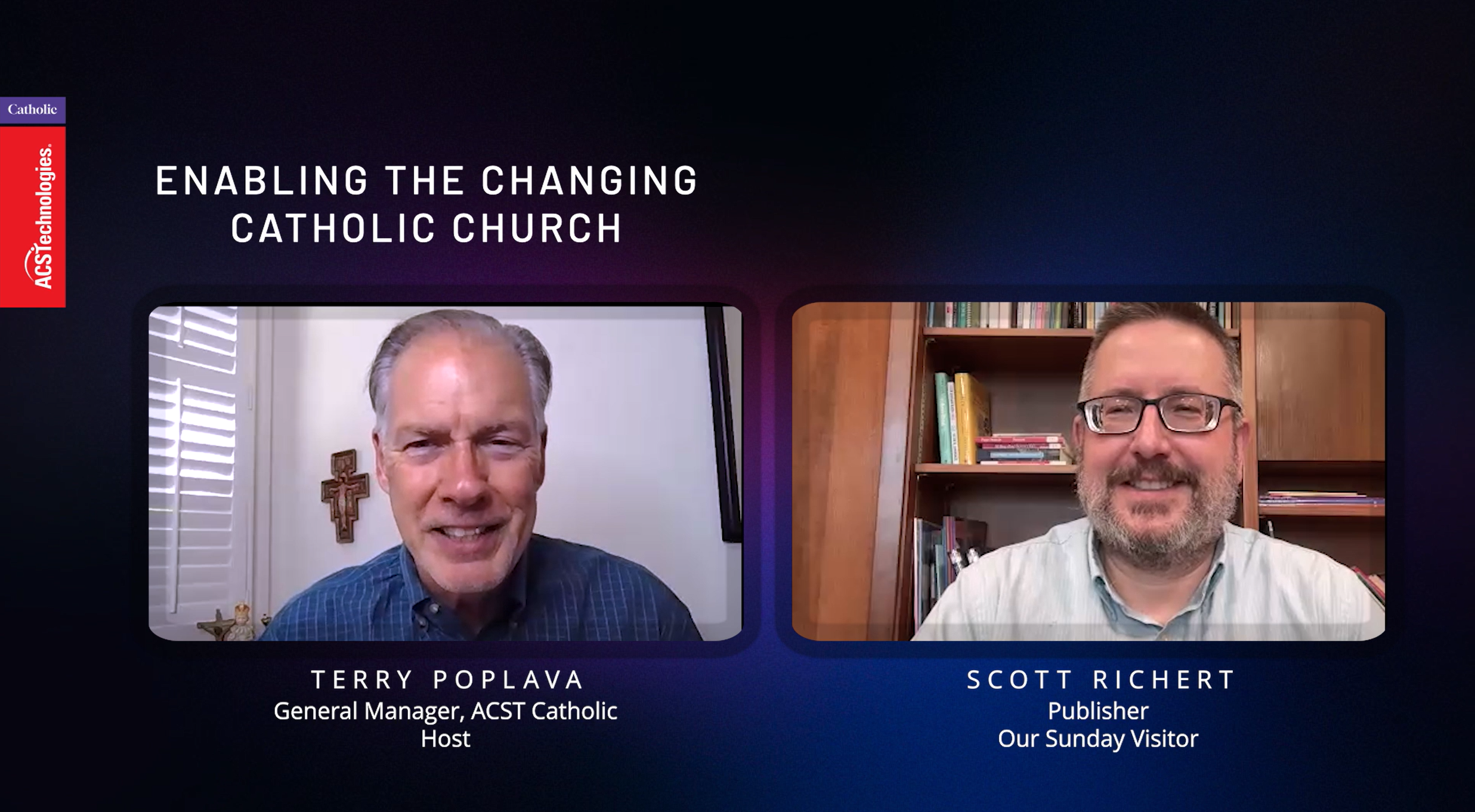As we near the end of the year, it’s the time when we naturally begin to think about all that we as a church accomplished throughout the year. We look back on the year both with fondness and with regret. And, in the case of 2020, many of us look back on this year in particular with frustration and exasperation. No matter our emotion, though, it is time to reflect.
As church leaders, it is our job not only to reflect, but to reflect with great intentionality. This is a process which takes time and the cooperation of others. It is a process which takes us down a path which, for some, may be validating about areas that have been successful and which, for others, may be enlightening about areas that need improvement. Regardless, it is a productive activity which can only be good for church staff and congregations as they seek to develop themselves in positive ways for the growth and glory of God’s Kingdom.
So just how do we reflect with intentionality?
Celebrate Obvious Successes
Start out any annual review with a reflection on and celebration of obvious successes. Everyone in the room should be aware of these areas in which the church experienced success over the last year. Potentially you added a new campus or congregation. Maybe you had a huge spike in attendance. Possibly you met your financial goals for the year. Perhaps you paid off a big debt. Whatever it is, celebrate it in a big way. Thank God for helping you and give accolades to those who made it happen. Pat yourselves on the back! You deserve it!
Mourn Any Setbacks
In the natural course of any year, there will be setbacks and disappointments. It is acceptable to take intentional time to mourn those challenges. It is healthy to express the regret each staff member feels at facing these setbacks. Let each person vocalize how they are feeling about these things. Find ways to leave these circumstances at the foot of the Cross and move on. Garner any learning points and record them, but don’t dwell.
Review Your Goals
Pull out all the goals you made for your church earlier in the year. Assuming you went through the process of goal setting, these goals are written down somewhere and accessing them should be easy and helpful. Measure your progress against these goals. How did you do? Were there factors that prevented you from achieving these goals? Did any of the goals turn out to be unrealistic? What were your greatest victories? Celebrate those victories and use the setbacks as teaching tools for your future goal setting exercises.
Begin Brainstorming Future Goals
While this may not be the time to have a complete future goal setting session, the review discussion may spur some ideas for future programming, fundraising, sermons, or church activities. Get those down on paper before anyone forgets them. Use the energy of the occasion to build momentum for your next season. Keep this session short, however, so you can remain focused on the annual review endeavor at hand.
Measure and Declare Your Outcomes
Determining outcomes is a challenging practice. We are trained to think of the number of activities we held and number of services and number of people in our congregation. However, outcomes are the actual impact our ministry is having in the lives of the people. Most often, these outcomes are qualitative in nature (rather than quantitative) and require personal interaction. Spend time with your members of the church and see how their lives were changed because of your programming. What was the depth of spiritual impact? Then, during your annual review session, discuss the combined impact for everyone and think about these questions: Was the outcome overall growth? What should the areas of focus be for the next year as a result of the outcomes of the previous year? Take the time needed to discuss the outcomes thoroughly. It will be vital to the life and growth of your church.
Taking time to do a review of your ministry year will be beneficial. Make sure to be intentional in the process and it will produce a thriving and growing congregation that will know and love God more with every passing year.
Read More:




